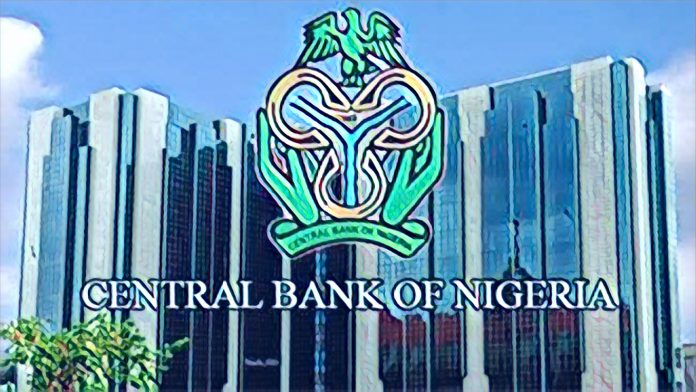Nigeria’s Central Bank (CBN) has reduced the exchange rate for computing customs duties at the nation’s seaports by 2.8 percent, a day after the House of Representatives directed it to do so.
The CBN slashed the rate from N1, 515.092/to N1, 472.756/on Friday, February 16, 2024, according to information on the official trade portal of the Nigeria Customs Service.
The move is expected to bring some relief to importers who have been paying higher tariffs due to the frequent upward adjustments of the rate by the apex bank.
The House of Representatives had on Thursday passed a resolution urging the CBN to stabilize the rate by maintaining it at below N1, 000/$1, or at least N951.941/$1, which was the rate as of January 1, 2024.
The lawmakers argued that the high customs duty rate was discouraging patronage of Nigerian ports, fueling inflation, and hurting the economy.
They also accused the CBN of violating the provisions of the Customs and Excise Management Act, which stipulates that the rate should be reviewed once every six months, not daily or weekly as the bank was doing.
The CBN had increased the rate six times in 2024, from N951.941/$1 to N1, 515.092/$1, citing the depreciation of the naira against the dollar in the foreign exchange market.
The frequent hikes had sparked protests and complaints from customs agents, freight forwarders, and port users, who said they were losing business and customers to neighboring countries with lower tariffs.
The CBN’s decision to lower the rate on Friday was seen as a response to the pressure from the legislature and the stakeholders.
However, some analysts said the reduction was not enough to address the challenges facing the port sector and the economy.
They said the CBN should adopt a more transparent and predictable mechanism for setting the rate and also harmonize it with the official CBN rate of N1, 493.73/$1.
They also called for more reforms and investments in the port infrastructure, security, and regulation, to make the ports more efficient and competitive.
Nigeria is heavily dependent on imports for most of its consumer and industrial goods, and the port sector is a major source of revenue for the government.
According to the Nigeria Customs Service, the sector generated N1.56 trillion in 2023, surpassing its target of N1.38 trillion.
However, the sector also faces many challenges, such as congestion, delays, corruption, smuggling, and piracy, which affect its performance and impact on the economy.
Source: BusinessDay



